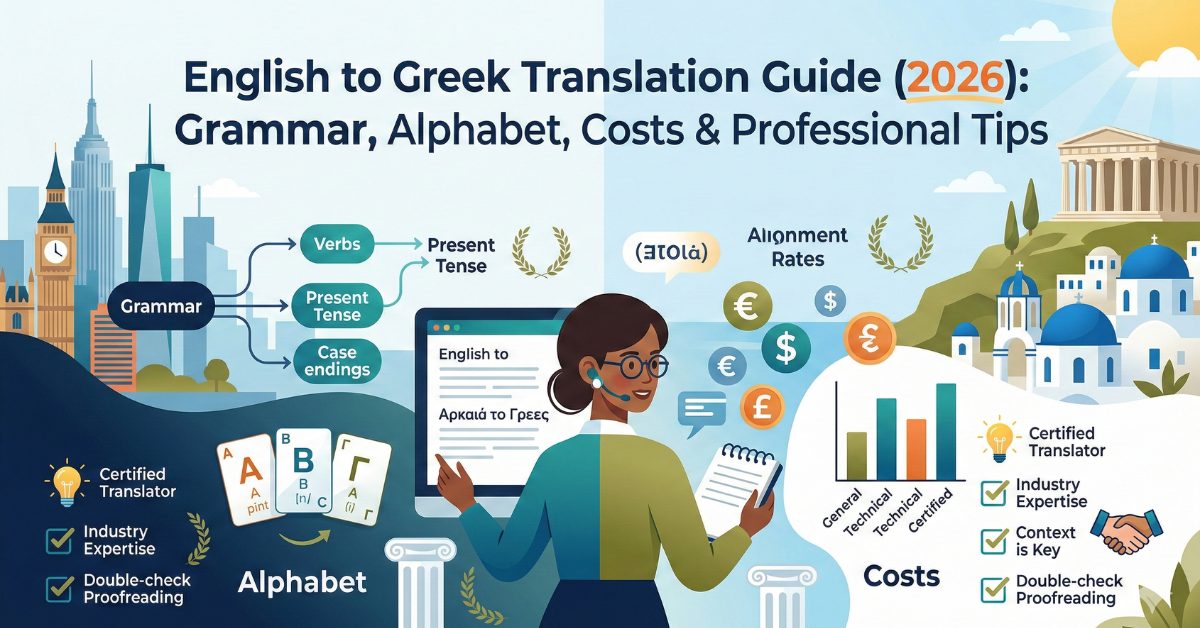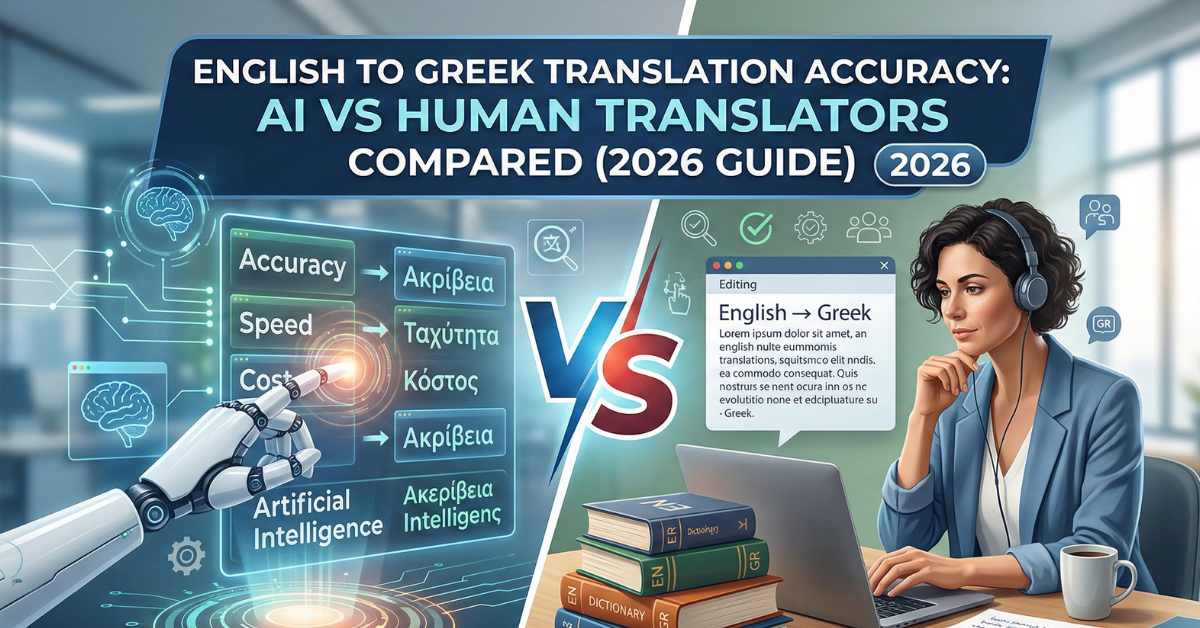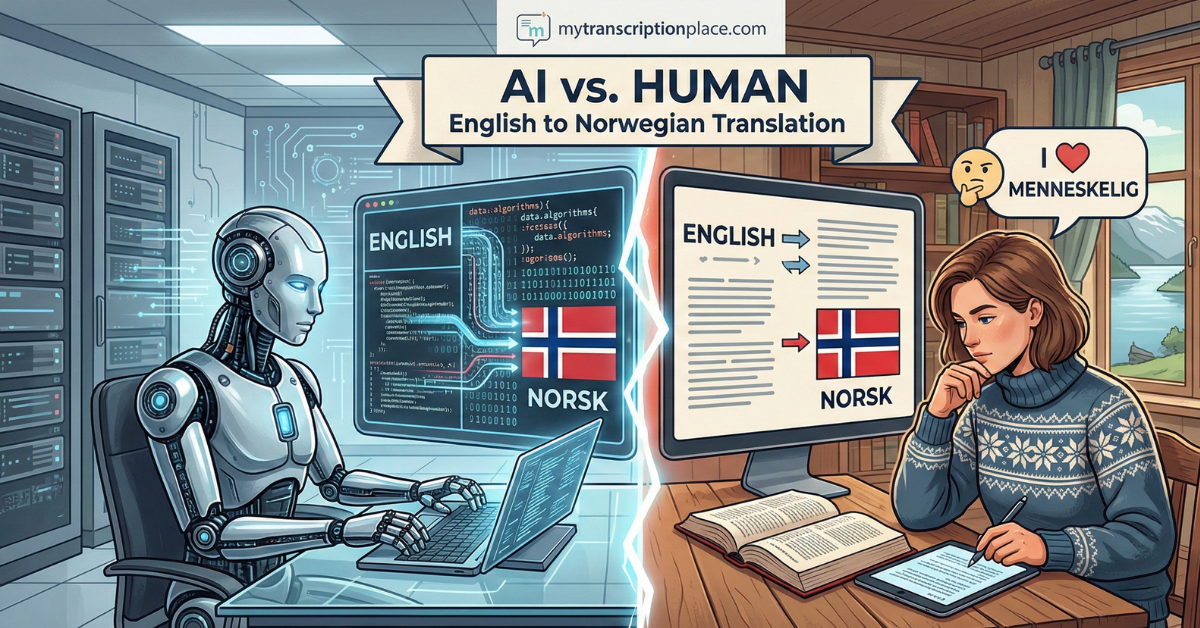The future of AI in Transcription: When to choose Automation and when to opt for Human Transcribers
Apr 21, 2025, Nishi SinghAdvancements in artificial intelligence (AI) have transformed the Transcription industry, offering tools that are faster, cost-effective, and constantly improving. However, as promising as AI transcription tools sound, there are indeed, aspects that human transcribers can address better. The future lies in knowing when to leverage AI transcription and when to rely on skilled human professionals.
This blog aims to provide guidance on when each method is more suitable and how to achieve a balance of these two methods, for your transcription needs.
Why AI Transcription?
AI transcription uses machine learning algorithms to convert audio or video into text. These tools are trained on vast datasets, allowing them to improve accuracy over time. Innovations like natural language processing (NLP) and voice recognition have enabled AI to tackle complex tasks like identifying multiple speakers and handling different accents. AI transcription offers several benefits, appealing to a range of industries:
Speed: AI-powered tools can process hours of audio in a matter of minutes. Businesses handling high-volume transcription projects, benefit immensely from the quick turnaround.
Cost-effectiveness: Automatic transcription is typically more affordable than Human transcription, making it a good option for those operating with tight budgets.
Scalability: AI solutions are scalable, capable of handling large projects effortlessly without additional workforce or overhead.
24/7 availability: AI transcription tools are operational around the clock, delivering results anytime.
Limitations of AI Transcription
Despite numerous advantages, AI-powered solutions are constrained by certain inherent limitations:Lower accuracy in complex scenarios: Background noise, thick accents, or overlapping speech can reduce the accuracy of AI transcriptions.
Contextual understanding: AI struggles to interpret nuances, jargon, and context, often leading to misinterpretations.
Specialized content: Industries like legal and medical transcription deal with highly specialized language, where errors can have serious consequences.
Sensitivity to Non-Standard speech: Even advanced AI tools can be challenged when dealing with slang, regional dialects and informal speech patterns.
Scenarios to choose AI Transcription in
1. When speed is key
If you need a quick transcript for internal use or to review meeting notes, AI transcription can save time. For instance, content creators processing interviews or podcasters looking for rough drafts tend to benefit from the rapid transcription that AI transcription offers.2. For non-critical content
AI transcription works well for materials where near-perfect accuracy isn’t essential. Examples include personal notes, brainstorming sessions or content summaries.3. Under budget constraints
For businesses or individuals looking for cost-efficient solutions, AI transcription offers a budget-friendly alternative to manually transcribed services.4. Mass processing requirements
Organizations with bulk audio files, such as corporate webinars or educational materials, can make use of AI transcription to process recordings en masse.Scenarios to opt for Human Transcribers
Human transcription remains indispensable for areas where precision, context and expertise take precedence over speed of transcription, volume of requirement, cost of transcription.1. When seeking accuracy and nuance
Human transcribers excel in understanding context, tone, and the nuances of speech. For example, legal proceedings often require precise documentation, which AI-only tools may not handle adeptly.2. When dealing wtih difficult audio quality
Recordings with heavy background noise, multiple speakers talking simultaneously or specialized accents are better handled by humans.3. When focused on Compliance and Confidentiality
Certain industries eg. Healthcare, require transcripts to adhere to strict compliance standards (e.g., HIPAA). Human transcribers are best trained to meet these requirements.4. When dealing with domain-specific terminology
Industries rich in domain-specific jargon eg. Medicine, Finance, Law; can benefit from human transcriptionists familiar with specialized terms and phrasing.5. When formatting is critical
Legal or research transcripts often require specific formatting and attention to detail; which human professionals are better equipped to ensure."But does it have to be an either / or choice??"
Thus, when deciding between AI and human transcription, consider the following factors:
Purpose: Is the transcription for internal reference or legal documentation?
Complexity: Does the audio involve multiple speakers, technical terms, or challenging accents?
Budget and Timeline: What resources and time constraints do you have?
Confidentiality: Is the content subject to strict privacy laws? Answering these questions will guide you toward the most effective solution for your needs.
The future of transcription lies in adopting a hybrid approach that combines AI's efficiency with the expertise of human transcriptionists. Here's how the two can work together:
1. AI as a first-draft generator
AI transcription tools can create initial drafts quickly. Human editors can then refine these drafts, ensuring accuracy and adherence to required standards.2. Division of tasks
Businesses can reserve AI for simpler, low-priority transcription while assigning human professionals to high-value, sensitive projects.3. Post-AI validation
For industries requiring strict quality control, AI-transcribed text can undergo review and editing by professionals, ensuring compliance and error-free output.4. Utilising human efforts only where they matter most
AI tools can handle repetitive tasks, allowing human transcriptionists to focus on more complex projects.All in all...
The future of transcription is neither entirely AI-driven nor purely dependent on human expertise. Instead, it’s about leveraging both to achieve the best outcomes. Automation offers speed and cost savings; while human transcribers bring accuracy, nuance and contextual understanding to the table.By assessing your project's requirements and priorities, you can make informed decisions to achieve the perfect blend of technology and human skills. Whether you're looking for fast results, cost efficiency or error-free transcripts; combining AI transcription with human expertise is the path forward.
For professional transcription solutions tailored to your needs, explore providers like myTranscriptionPlace, which integrates cutting-edge AI with human precision for superior results!






